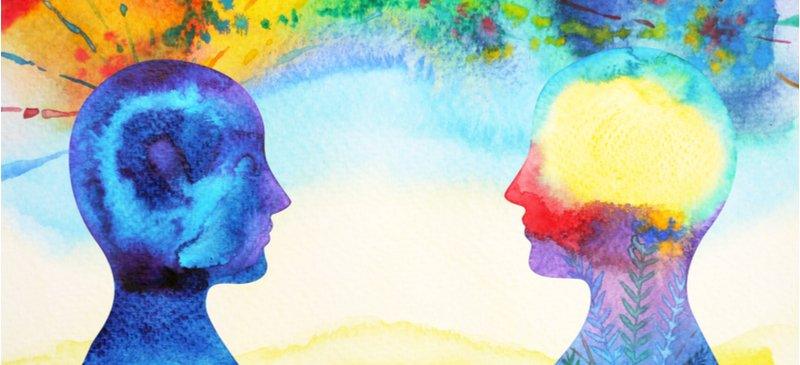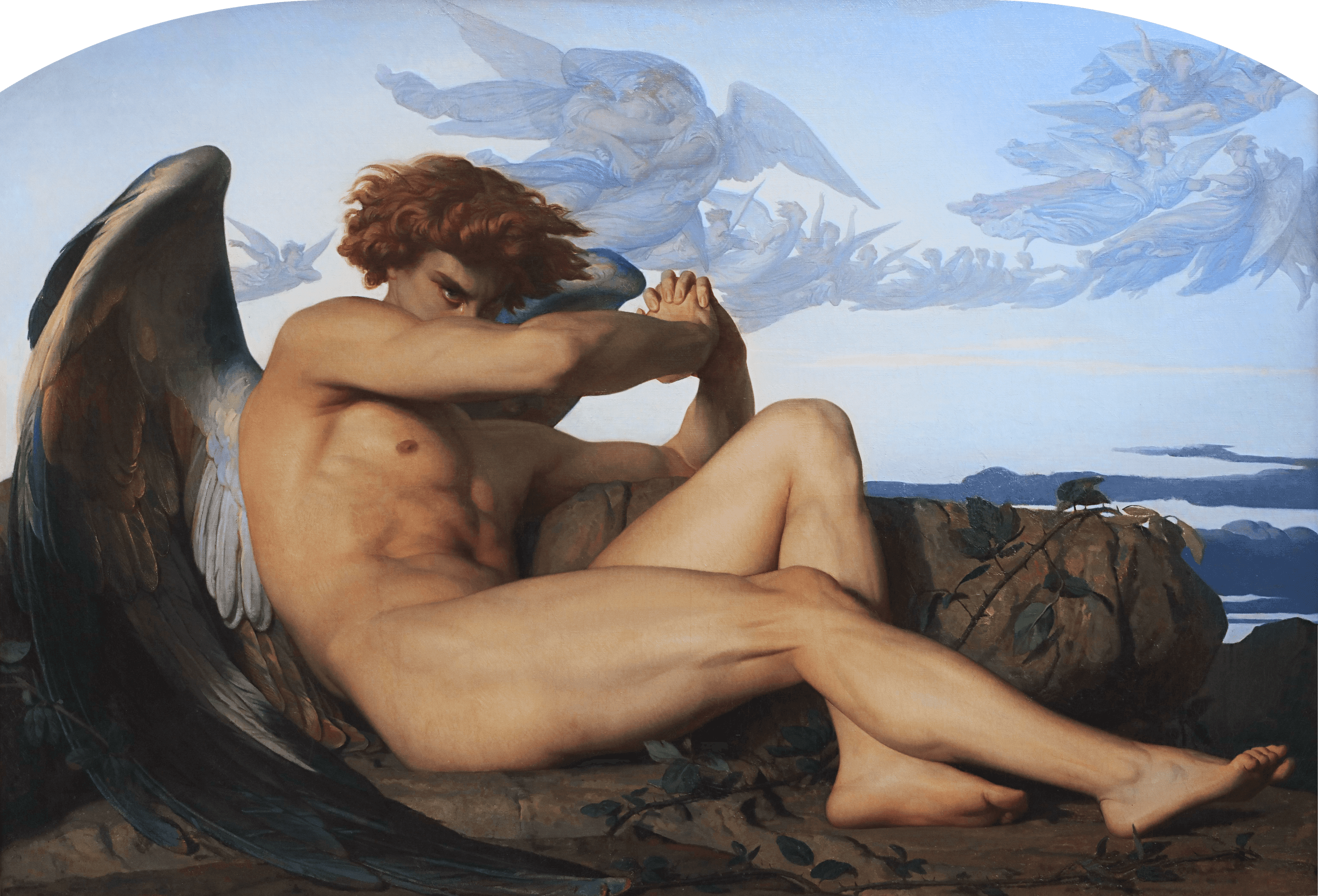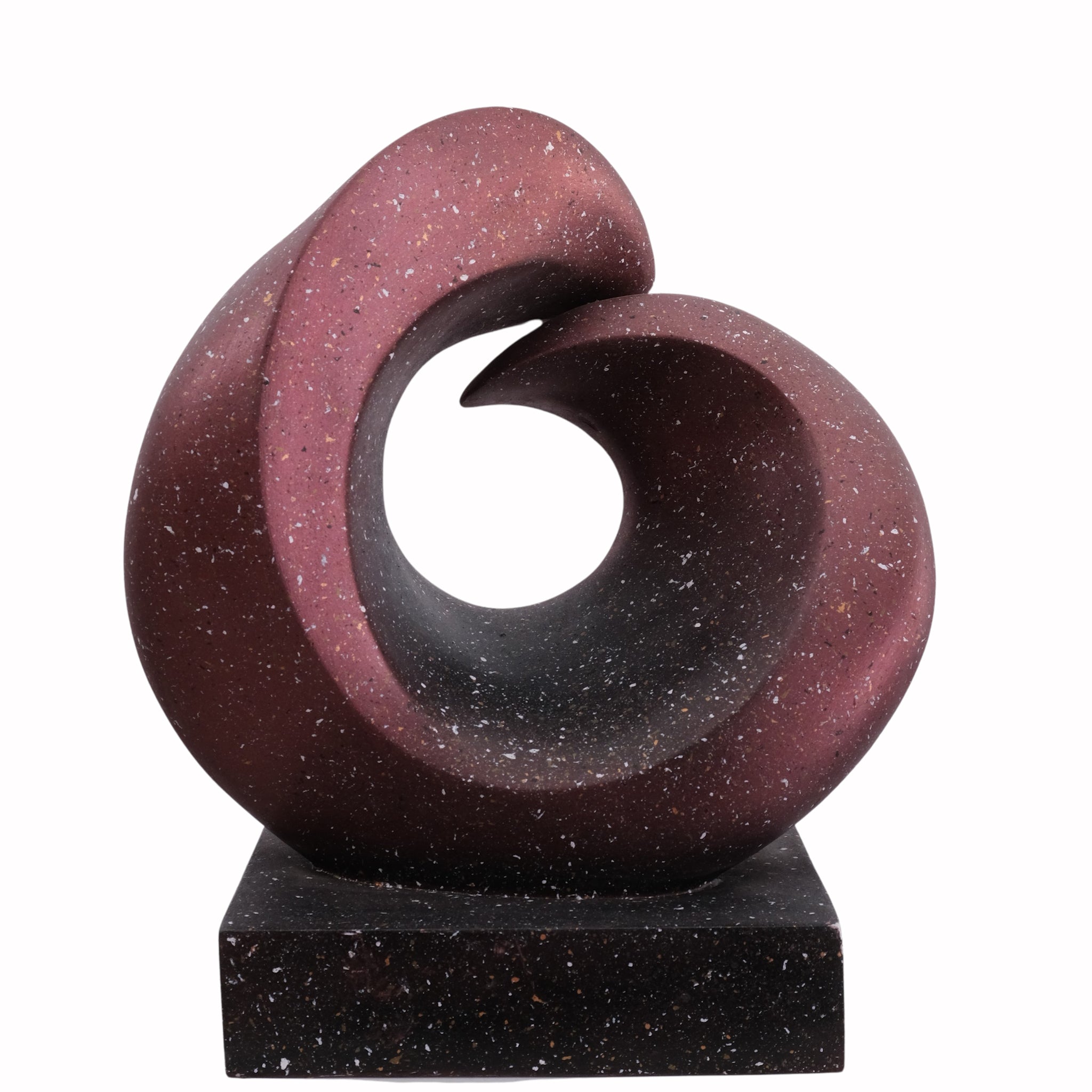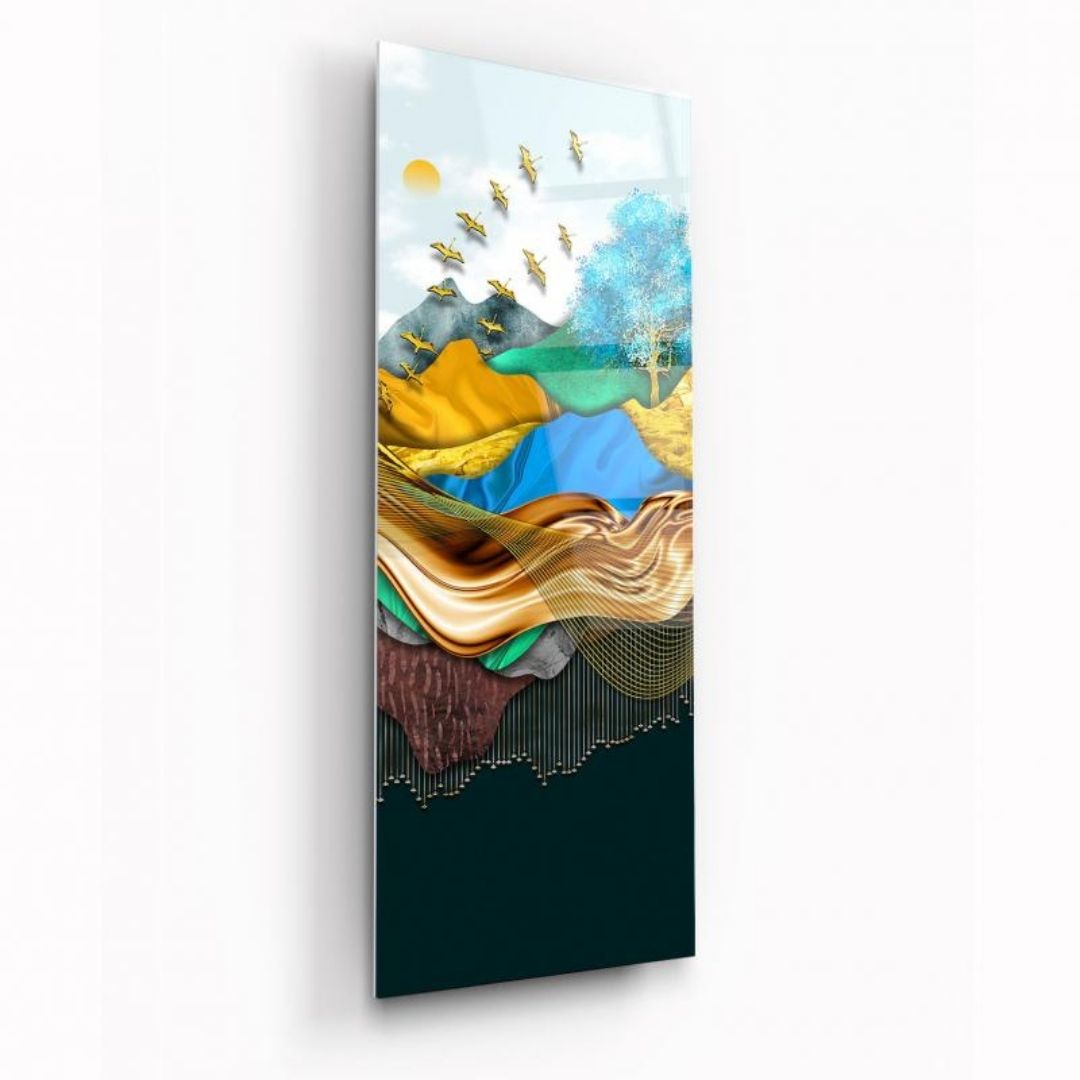Introduction to art

Art, in all its forms, has been an integral part of human civilization since time immemorial. From the cave paintings of our ancestors to the modern masterpieces hanging in prestigious galleries, art has always played a significant role in shaping our culture, expressing our emotions, and challenging our perspectives. But what exactly is art? How do we define it? In this comprehensive exploration, we will delve into the multifaceted world of art, unraveling its meaning, significance, and enduring impact on our lives.
Defining art: Different perspectives and interpretations

Defining art is a complex task, as it encompasses a vast range of creative expressions. From visual arts like painting and sculpture to literary arts, music, and beyond, art defies a singular definition. However, at its core, art can be seen as a form of human expression that evokes emotions, stimulates thoughts, and captures the essence of the human experience. It is a powerful medium of communication that transcends language and cultural barriers, allowing artists to convey their ideas and perspectives to a global audience.
The philosophy of art: Exploring the meaning and purpose

The philosophy of art delves into the deeper questions surrounding art's purpose and significance. Philosophers throughout history have grappled with the elusive nature of art, seeking to uncover its true essence. Some argue that art exists purely for its own sake, providing aesthetic pleasure and enjoyment. Others believe that art serves a higher purpose, acting as a mirror to society, challenging norms, and promoting social change. The philosophy of art invites us to question our own understanding and connection to art, encouraging us to explore its meaning and purpose on a personal and societal level.
The essence of art: Expression, creativity, and emotion

At the heart of art lies the essence of human expression, creativity, and emotion. Artists harness their creative energy to produce works that capture their innermost thoughts, feelings, and experiences. Through their art, they communicate with the world, inviting viewers to step into their unique perspective. Art allows us to see the world through different lenses, expanding our horizons and fostering empathy. It has the power to evoke a wide range of emotions - from joy and awe to sadness and introspection - and can serve as a catalyst for personal growth and introspection.
The various forms of art: Painting, sculpture, literature, music, and more

Art takes shape in countless forms, each offering its own unique experience and aesthetic. Painting, with its vibrant colors and intricate brushstrokes, captures the visual beauty of the world. Sculpture, on the other hand, brings art to life in three-dimensional form, inviting viewers to engage with it from different angles. Literature, through the power of words, transports us to different worlds and challenges our perspectives. Music, with its melodies and rhythms, has the ability to transcend language and touch our souls. These are just a few examples of the vast array of artistic forms that exist, each contributing to the rich tapestry of human creativity.
Art throughout history: From ancient civilizations to modern times

Art has been an integral part of human history, dating back to the earliest civilizations. From the cave paintings of Lascaux to the grand masterpieces of the Renaissance, art has served as a visual record of our collective human experience. It has reflected the values, beliefs, and aspirations of societies throughout the ages. From the ancient Egyptians to the Greeks, from the Renaissance to the Impressionists, each era has brought forth its own distinctive artistic movements and styles. Art has evolved alongside humanity, constantly adapting and reinventing itself, leaving an indelible mark on our cultural heritage.
The role of art in society: Reflection, communication, and social change

Art plays a vital role in society, serving as a reflection of our collective consciousness. It holds up a mirror to the world, challenging us to confront uncomfortable truths and question the status quo. Through art, artists engage in a dialogue with society, sparking conversations and inspiring change. Art has the power to transcend political and social barriers, acting as a universal language that speaks directly to the hearts and minds of individuals. It fosters empathy, understanding, and unity, reminding us of our shared humanity.
The power of art: Inspiring, challenging, and transforming
Art possesses an inherent power that can inspire, challenge, and transform. It has the ability to ignite the imagination, sparking creativity and innovation in all aspects of life. Art can push boundaries, provoking us to question our preconceived notions and explore new perspectives. It encourages us to think critically, fostering intellectual growth and expanding our horizons. Moreover, art has the capacity to transform lives, offering solace, healing, and hope in times of turmoil. It has the power to evoke profound emotional responses and create lasting impressions that resonate with individuals long after they experience it.

Art appreciation: Developing an understanding and connection

To fully appreciate art, it is essential to develop an understanding and connection with the works we encounter. Art appreciation involves more than just aesthetic pleasure; it requires engaging with the artwork on a deeper level. By learning about an artist's background, intentions, and historical context, we gain insights that enrich our understanding and interpretation. Art appreciation involves actively seeking out different artistic forms, attending exhibitions, and engaging in dialogue with artists and fellow enthusiasts. It is through this process that we can foster a lifelong love and appreciation for the diverse world of art.
Conclusion: The enduring significance of art in our lives

In conclusion, art holds a profound and enduring significance in our lives. It is an expression of our humanity, a testament to our creativity, and a catalyst for personal and societal growth. From its various forms to its historical and cultural impact, art enriches our existence in countless ways. It challenges us, inspires us, and encourages us to see the world through a different lens. As we continue to explore the meaning and significance of art, let us embrace its power to transform, connect, and ultimately, to unite us as a global community.








Leave a comment
All comments are moderated before being published.
This site is protected by hCaptcha and the hCaptcha Privacy Policy and Terms of Service apply.